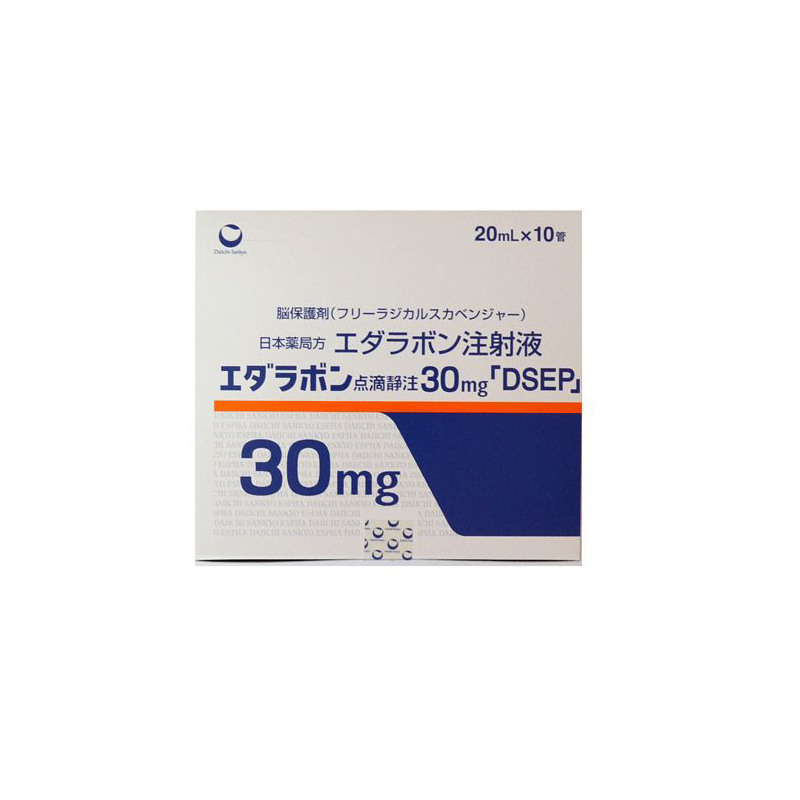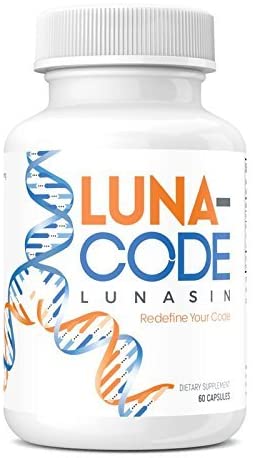Edaravone (Daiichi Sankyo) vs Lunasin (lunasin)
Edaravone (Daiichi Sankyo) vs Lunasin (lunasin)
Edaravone, developed by Daiichi Sankyo, is an FDA-approved medication specifically indicated for the treatment of amyotrophic lateral sclerosis (ALS), a neurodegenerative disease; it acts as a free radical scavenger, potentially slowing the disease's progression. In contrast, Lunasin is a naturally occurring peptide initially identified in soybeans, which has been studied for various health benefits, including anti-inflammatory and potential neuroprotective effects, but it is not approved by the FDA as a treatment for specific medical conditions. When deciding between Edaravone and Lunasin, it is crucial to consult with a healthcare provider to consider the evidence of efficacy, FDA approval status, and the specific medical condition being treated.
Difference between Edaravone and Lunasin
| Metric | Edaravone (Daiichi Sankyo) | Lunasin (lunasin) |
|---|---|---|
| Generic name | Edaravone | Lunasin |
| Indications | Amyotrophic Lateral Sclerosis (ALS) | Not officially indicated for any specific condition; researched for potential health benefits |
| Mechanism of action | Free radical scavenger | May influence epigenetic factors and have anti-inflammatory, antioxidant properties |
| Brand names | Radicava, Radicut | Not available as a pharmaceutical brand |
| Administrative route | Intravenous infusion | Oral (as a dietary supplement) |
| Side effects | Headache, gait disturbance, bruising | Insufficient data for a comprehensive list; potential for allergic reactions |
| Contraindications | Hypersensitivity to edaravone or any excipients | Insufficient data for a comprehensive list; potential for allergic reactions |
| Drug class | Neuroprotective agent | Not classified as a drug; considered a bioactive peptide |
| Manufacturer | Daiichi Sankyo | Various dietary supplement manufacturers |
Efficacy
Edaravone and Its Efficacy in ALS
Edaravone, developed by Daiichi Sankyo, is a medication that has shown efficacy in the treatment of Amyotrophic Lateral Sclerosis (ALS), a progressive neurodegenerative disease. The drug is believed to work by scavenging free radicals, which are potentially damaging compounds that can accumulate in the body. Edaravone has been approved in several countries for the treatment of ALS following clinical trials that demonstrated its ability to slow the decline in physical function. Specifically, the pivotal phase 3 trial showed that patients with ALS who received Edaravone experienced a smaller decline in the Revised ALS Functional Rating Scale (ALSFRS-R) score compared to those who received a placebo.
Despite its approval, the overall efficacy of Edaravone in the ALS patient population is a subject of ongoing discussion. The benefits appear to be more pronounced in the early stages of the disease and in patients who meet specific clinical trial inclusion criteria. This includes patients with less advanced disease, normal respiratory function, and a relatively short duration of disease prior to treatment initiation. As a result, the clinical community emphasizes the importance of early diagnosis and treatment initiation for Edaravone to achieve the best possible outcomes.
Lunasin and Its Potential Role in ALS
Lunasin is a peptide that has been studied for its potential therapeutic effects in ALS. The interest in Lunasin stems from its purported anti-inflammatory and neuroprotective properties. Preclinical studies have suggested that Lunasin may have a role in modulating pathways involved in inflammation and cell survival, which are relevant to the pathophysiology of ALS. However, clinical data on Lunasin's efficacy in ALS is limited and less robust than that of Edaravone.
Early investigations, including small pilot studies, have explored the use of Lunasin in patients with ALS, but these studies have not yet provided conclusive evidence of benefit. Due to the limited scale and preliminary nature of these studies, the efficacy of Lunasin in treating ALS remains uncertain. As such, Lunasin is not currently approved by regulatory agencies for the treatment of ALS, and more research is needed to determine its potential role and efficacy in this condition. Clinicians and patients are advised to consider the current evidence base and regulatory status when discussing the use of Lunasin for ALS.
Regulatory Agency Approvals
Edaravone
-
Pharmaceuticals and Medical Devices Agency (PMDA), Japan

Lunasin
-
Food and Drug Administration (FDA), USA

Access Edaravone or Lunasin today
If Edaravone or Lunasin are not approved or available in your country (e.g. due to supply issues), you can access them via Everyone.org.
How it works

Make an enquiry
Choose the medicine you want to buy, answer a couple of questions, and upload your prescription to speed things up. We’ll get back to you within 24 hours.


Make an enquiry
Choose the medicine you want to buy, answer a couple of questions, and upload your prescription to speed things up. We’ll get back to you within 24 hours.


Breeze through the paperwork
We'll guide you through the required documents for importing unapproved medicine, ensuring you have all the necessary information.


Get a personalized quote
We’ll prepare a quote for you, including medicine costs and any shipping, administrative, or import fees that may apply.


Receive your medicine
Accept the quote and we’ll handle the rest - sourcing and safely delivering your medicine.

Some text on this page has been automatically generated. Speak to your physician before you start a new treatment or medication.
Let's talk
If you have any questions, call us or send us a message through WhatsApp or email:
Contact us




